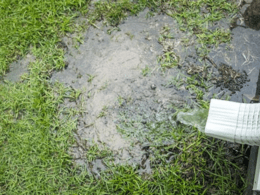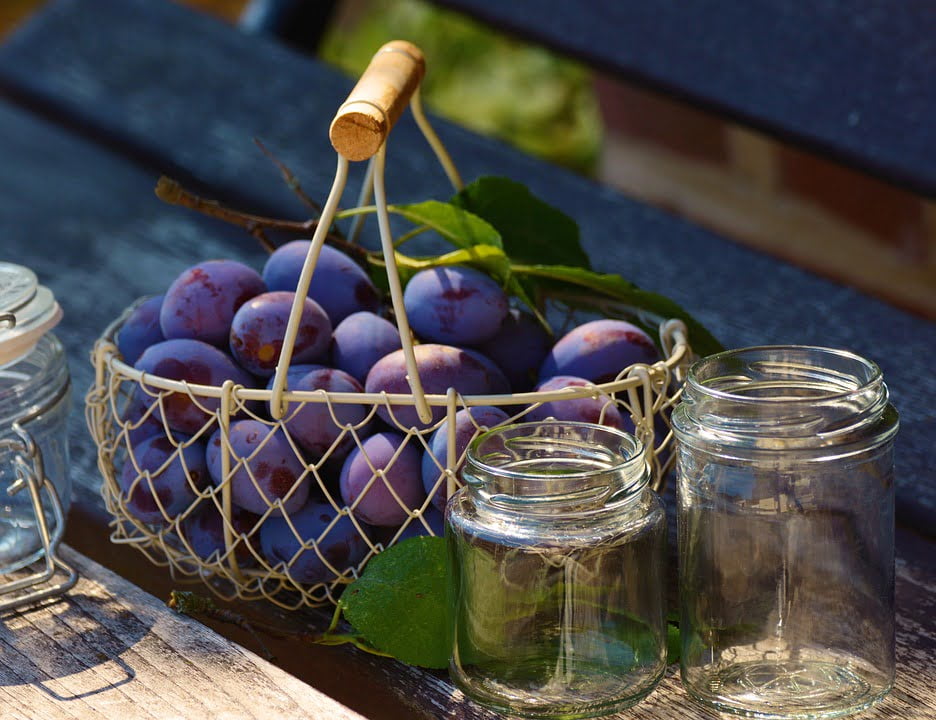Do you have dandelions in your yard and wonder if they are a friend or foe? You’re not alone. Many people debate whether these yellow flowers are a valuable source of food and medicine or an annoying weed that interferes with their lawn and plant beds.
In this article, you’ll learn the facts about dandelions and the pros and cons of having them in your yard so you can decide for yourself whether to embrace or eradicate them.
First, we’ll explore the origins and nutritional value of dandelions, including their impact on wildlife and potential allergies. Then, we’ll delve into the uses and recipes for dandelions, from salads and teas to skincare and natural remedies.
By the end of this article, you’ll have all the information you need to make an informed decision about whether dandelions are a friend or foe in your backyard. So, let’s get started!
Quick Takeaways
- Dandelions can interfere with lawns, turfgrass, golf courses, and athletic fields, and may crowd out original plants in planter beds.
- Dandelions have medicinal properties and can be used in various recipes, but some people are allergic to them.
- Dandelions are a natural and abundant source of calcium, potassium, vitamins A, D, B, K, C, protein, zinc, and manganese, and act as a prebiotic in some dog food brands.
- Whether dandelions are considered a weed or a flower is up to personal perspective, but they are safe for consumption if not treated with herbicides or pesticides.
Dandelion Overview
You may already know that dandelions can be a nuisance in your yard, but did you know they have a rich history and cultural significance?
Dandelions are actually a member of the Sunflower family and originated in Eurasia. They were brought to new lands for use as medicine and to prevent scurvy.
Throughout history, dandelions have been used for their medicinal properties and as a source of food. In fact, they’re still considered a safe food by the FDA.
In some cultures, dandelions are even seen as a symbol of hope and new beginnings. So while they may interfere with your lawn, it’s important to remember the cultural significance and potential benefits of these tenacious flowers.
Are Dandelion Killers Effective in Completely Eliminating Dandelion Weeds?
When it comes to eliminating dandelion weeds, many wonder if the top 5 dandelion killers can truly offer a complete solution. These dandelion killers have been developed specifically to target and eliminate these stubborn weeds. With their powerful formulas, they aim to eradicate dandelions effectively, ensuring your lawn stays dandelion-free.
Pros and Cons
Consider the benefits and drawbacks of having dandelions in your yard. While these yellow flowers may seem like a nuisance, they actually have some surprising health benefits. Dandelions are rich in vitamins and minerals, making them a nutritious addition to your diet. However, they can also be a source of irritation for those with allergies.
Here are some benefits and drawbacks of having dandelions in your yard to keep in mind:
-
Benefits: Dandelions are packed with nutrients like vitamins A, C, and K, as well as minerals like iron and calcium. They can also help support healthy digestion and liver function.
-
Drawbacks: Dandelions can trigger allergies in some people, causing symptoms like itching, sneezing, and congestion.
-
Benefits: Dandelions are great for the environment, providing a food source for bees and other pollinators.
-
Drawbacks: Dandelions can be invasive and may compete with other plants in your yard for resources.
Overall, while dandelions may not be everyone’s favorite flower, they do offer some health benefits and can support a healthy ecosystem. However, they can also be a source of irritation for those with allergies and may compete with other plants in your yard. Consider these factors when deciding whether to keep or remove dandelions from your yard.
Uses and Recipes
Explore the many culinary possibilities of incorporating dandelions into your meals and snacks. Dandelions can be used in a variety of recipes, including salads, soups, and even baked goods.
One of the easiest ways to enjoy the health benefits of dandelions is by making dandelion tea. Simply steep the leaves or flowers in hot water for a few minutes, and enjoy a warm and refreshing beverage.
For those who enjoy a good glass of wine, dandelion wine is a great option. This floral and slightly sweet wine is made by fermenting dandelion flowers with sugar, yeast, and water. It may take a few weeks or months to make, but the end result is a unique and flavorful drink that is sure to impress.
So next time you see dandelions popping up in your yard, don’t see them as a nuisance, but rather as an opportunity to get creative in the kitchen.
Frequently Asked Questions
Are there any specific environmental concerns associated with the growth of dandelions?
Dandelions can have a negative environmental impact, as they can interfere with other plants and grow aggressively. There are various dandelion removal techniques available, including digging up the entire root system. It’s important to use eco-friendly methods to avoid harming the environment.
Can dandelions be used in any cosmetic or beauty products?
Looking for natural skincare options? Dandelions can be used in beauty products! Dandelion beauty has many benefits, including reducing inflammation and treating acne. Try making Dandelion skincare DIY recipes for glowing skin.
How do dandelions impact the growth of other plants in a garden?
Dandelions can have competition effects on other plants in a garden, inhibiting their growth. This is due to allelopathy mechanisms in the dandelion’s root system, which release chemicals that can stunt or kill nearby plants.
Are there any cultural or historical significances associated with dandelions?
Did you know dandelions have cultural significance and traditional uses? Native Americans used them for medicine and food. Europeans used them for wine and tea. Today, they’re still used for their health benefits.
How do dandelions impact the soil quality in a garden or lawn?
Dandelions can impact soil composition and nutrient absorption in a garden or lawn. They have deep tap roots that can break up compacted soil and draw nutrients up from lower layers, but they can also compete with other plants for resources.









